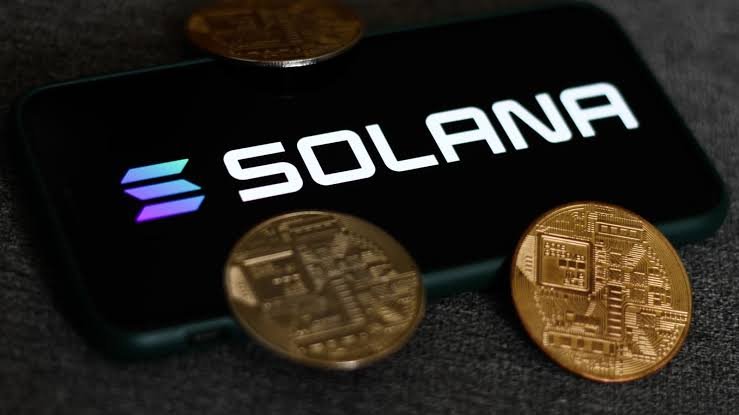The Ethereum Foundation recently shared some big news, revealing it holds a whopping $788 million in cryptocurrency. Alongside this announcement, the foundation introduced a new conflict of interest policy for its team. This policy aims to prevent staff from taking on outside jobs that could create potential conflicts, especially those that pay in assets that are hard to value. These updates not only show the foundation's financial strength but also highlight its commitment to transparency and integrity in the fast-evolving world of crypto.
Ethereum Foundation discloses $788M in crypto assets and strengthens staff conflict of interest policy
The Ethereum Foundation recently shared its financial update, revealing a total of $970.2 million in assets, with most of that in cryptocurrency. As of October 31, 2024, they hold $788.7 million in crypto, mainly in ether, which makes up 0.26% of the total ether supply. They also own $181.5 million in non-crypto assets.
Explaining their approach, the foundation noted that they keep most of their treasury in ETH because they strongly believe in Ethereum’s future. Their goal is to support essential projects within the Ethereum community while managing funds carefully to weather market downturns. This means occasionally selling some ETH to build up savings, especially when the market is strong, so they’re prepared for slower periods.
This financial strategy comes amid requests from the community for greater openness. In the past, the foundation’s large ether transactions raised questions, pushing them toward a more transparent approach in their operations.
New Policies and Big Investments: Ethereum Foundation's Latest Updates
Last week, Ethereum researchers Justin Drake and Dankrad Feist shared on X that they had stepped down from advisory roles with the Ethereum restaking protocol, EigenLayer, where they were compensated in Eigen tokens.
Their departure brought up some concerns about possible conflicts of interest. To address these issues, the Ethereum Foundation recently detailed its conflict of interest policy. While team members are allowed to take on outside work, they must notify the foundation and discuss it with their team lead. If their outside earnings exceed $25,000 a year, the arrangement goes through an internal review.
Additionally, the foundation specified that its staff, or "EFers," can’t accept outside payments in assets that are hard to value, like tokens from projects that haven’t launched yet. While generally off-limits, there may be rare exceptions.
In 2023, the foundation’s largest expense was $47.4 million for “new institutions,” which support the broader Ethereum ecosystem, up from $28.6 million in 2022. Another $34.7 million was allocated to Layer 1 research and development, an increase from $32.1 million the previous year.
Ethereum Foundation Executive Director Aya Miyaguchi recently posted on X, saying, “EF’s long-term vision keeps us focused on building a sustainable, open ecosystem. We’re dedicated to sowing seeds now that might only bear fruit years down the line, ensuring Ethereum’s future resilience and collaborative growth.”
According to The Block, Ethereum’s network activity has also been on the rise, with active addresses hitting 13.7 million in October, up from 12.3 million in September. On-chain volume also climbed to $108.6 billion in October, compared to $90.9 billion in September and $57.1 billion in the same month last year.

















 English (US) ·
English (US) ·